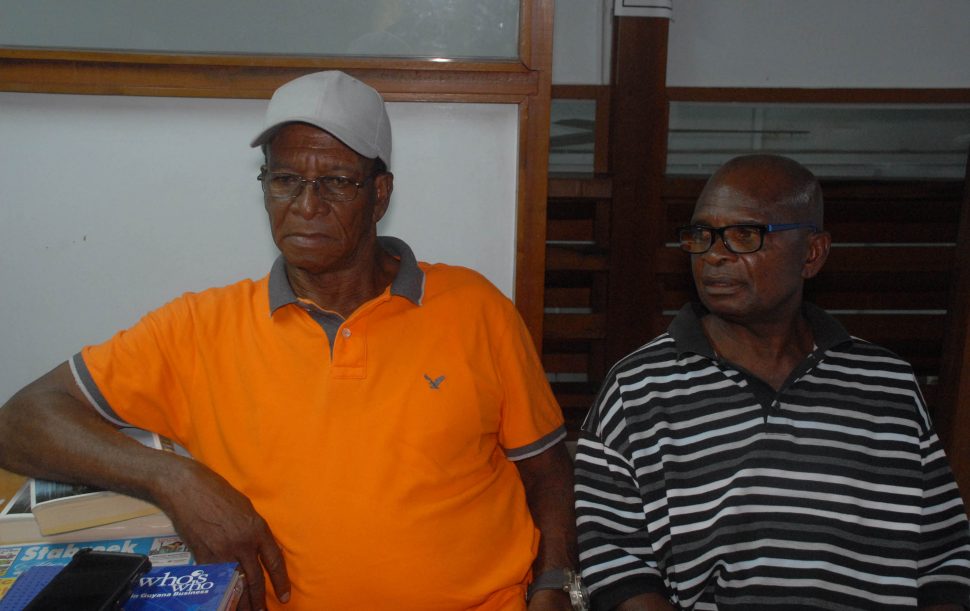Conditions of service for employees of the majority Russian-owned Bauxite Company of Guyana of Guyana Inc. (BCGI) continue to be poor because of the sustained refusal of the management employed by RUSAL to honour the terms and conditions of the last Collective Labour Agreement signed with the GB&GWU.
This problem, the workers say, is compounded by the indifference of the Department of Labour to what is widely felt to be harsh conditions of service.
Signed in 2008, the last Collective Labour Agreement (CLA) was due to run for three years, though the subsequent refusal of the BCGI management to recognise the union has meant not only that the CLA has long gone ignored by the company but that nothing has been put in its place since the expiration of the old one in 2011. The state of non-recognition of the union by the company’s bosses persists notwithstanding a poll among workers last year at which the Guyana Bauxite & General Workers’ Union (GB&GWU) won the support of more than 90% of the workers.
On Wednesday, GB&GWU First Vice President Ivan Leacock and Branch Vice President Garfield Brutus spoke with Stabroek Business, articulating a litany of concerns from issues ranging from BCGI failing to honour conditions of service associated with vacation leave to an extended delay in reimbursing workers refunds relating to agreed tax rebates.
The agreement with regard, Leacock says, stipulates that while the agreed conditions relating to vacation leave dictate that the workers benefit from three weeks leave after five years of service and four weeks leave for more than ten years of service, this has not been the case. “We are still only benefitting from two weeks leave. Since the condition has to do with leave with pay, what this means is that we are being robbed,” Leacock said.
Brutus, meanwhile, addressed what he said was the wider arbitrary changing of the rule “as it suits management.” He said that the management uses the old CLA conveniently, applying those sections of the Agreement as they pertain to discipline rigidly whilst ignoring those areas that have to do with workers’ conditions of service. Advice and recommendations on industrial relations matters is provided to the company by former Chief Labour Officer Mohammed Akeel.
Leacock, who is also an employee of BCGI told Stabroek Business that while the harsh industrial relations regime at BCGI are superintended by the company’s Russian management, all of the blame for the situation cannot be placed at its door. He said that over many years the union had made several protests to the Department of Labour regarding the management’s disregard for the rights of workers but that there had been no action by the Ministry on the workers’ behalf. He said that the Department’s defensive attitude when dealing with the RUSAL employees was largely responsible for the conditions which the workers now have to endure. “There is no reason why the company should not be required to obey the laws of the country with regard to respecting the rights of the workers,” Leacock said.






